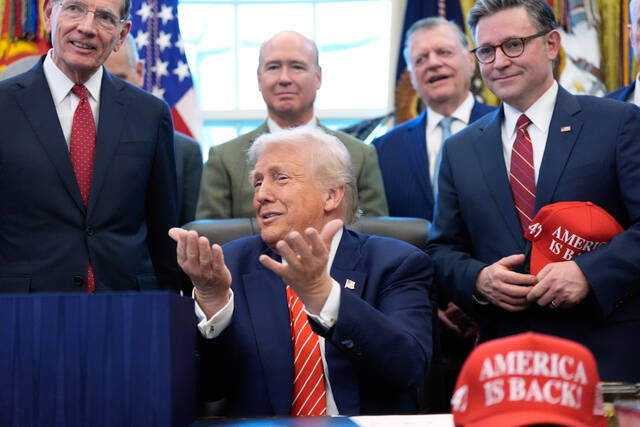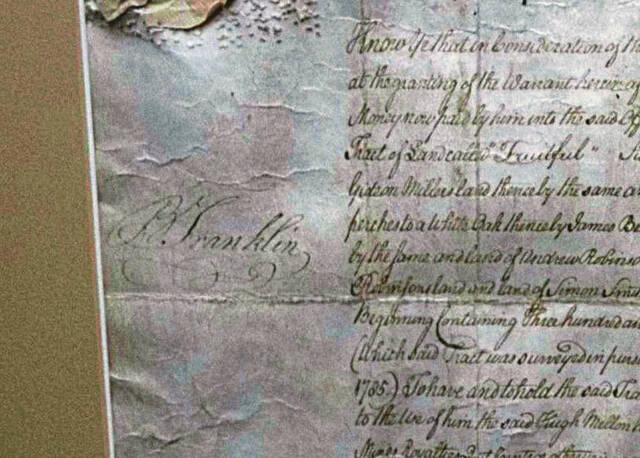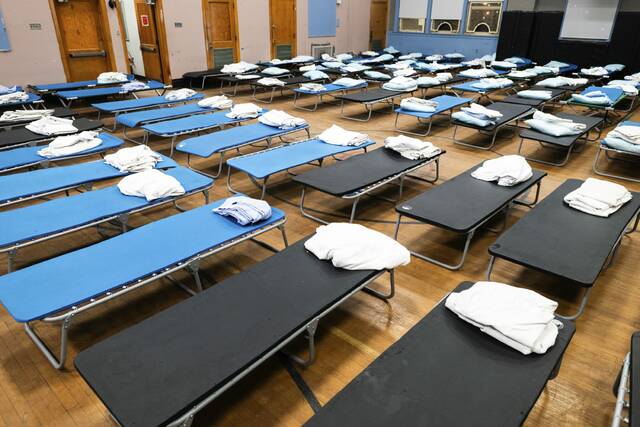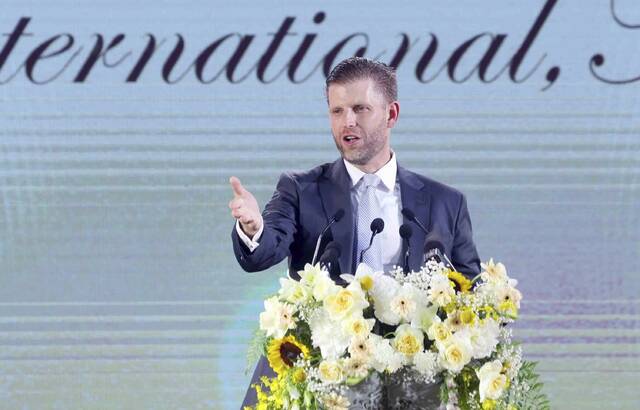Science has brought humanity from tending flames in caves to launching satellites into space. Through science, we have developed incredible advancements like antibiotics, the internet and improved food crops. Each of these and so much more have improved the lives of billions of people and increased prosperity around the globe. Vaccines over the past 50 years alone are estimated to have saved 154 million lives, 101 million of whom were infants that would have never lived into adulthood.
Why, then, are we defunding scientific innovation across the United States and demonizing a process that has given us so much?
Like many scientists, I was drawn to my field because I kept asking why. Why are some people more likely to get cancer? Why do our bodies get weaker as we age? These are some of the many questions that scientists around the United States are answering with the funding provided by the federal government.
At least, they were working on these questions. The current administration has made it a priority to threaten research institutions across the United States. They have done this directly, by freezing or cutting billions in federal funding to Harvard, Columbia and Cornell, or indirectly, by firing hundreds of employees at federal institutes such as the National Institutes of Health (NIH) and the National Science Foundation . These agencies are responsible for science funding, and the administration is proposing to slash their budgets by tens of billions of dollars. The University of Pittsburgh alone has lost millions of dollars in grants so far, with funding cuts from the One Big Beautiful Bill Act poised to create even more chaos.
These cuts don’t just worry scientists, they harm every one of us. Science across the United States at public and private universities has ground to a halt, disrupting everything from lifesaving advancements to national security. This includes collaborations between universities and hospitals, drug makers and local businesses, which are all sources of innovation and jobs. These collaborations give us an unparalleled ability to monitor disease flare-ups, treat the impacted individuals and create cures to prevent future outbreaks.
We have all felt curious about something in our lives. The desire for knowledge is a key component of what it means to be human, and it should be cultivated in everyone regardless of their political ideology, education, job training or place of birth. If the proposed budget cuts to science are implemented, America will move farther from progress and innovation and will rapidly fall behind, leaving people to suffer.
There are also excellent economic arguments against these funding cuts. Federal funding from NIH during fiscal year 2024 supported about 400,000 jobs and produced about $95 billion in new economic activity nationwide. That’s a return of $2.56 for every $1 of research funding. Aside from enabling cutting-edge medical research, the benefits of these funds go directly into local economies — and onto our dinner tables in the form of support staff salaries.
As a scientist, it is my job to expand the boundaries of human knowledge and help train the next generation of scientists. But it is also my job to communicate with those who fund our work: you. Scientists, educators and staff at local colleges and state universities are always available to answer your questions about the work they do every day to make the world a better place. However, we cannot do our work without your support.
I will be asking my House representative, Guy Reschenthaler, and Sen. Dave McCormick why the current administration is proposing to decimate funding for science and why they support taking food from our tables. If this resonates with you, please visit the Citizens for Science Pledge at tiny.cc/sciencepledge and ask why too.
Jason Chobirko, a Hempfield Area High School graduate, is pursuing his Ph.D. at Cornell University, uncovering how the remains of ancient viruses shape our immune system today.








